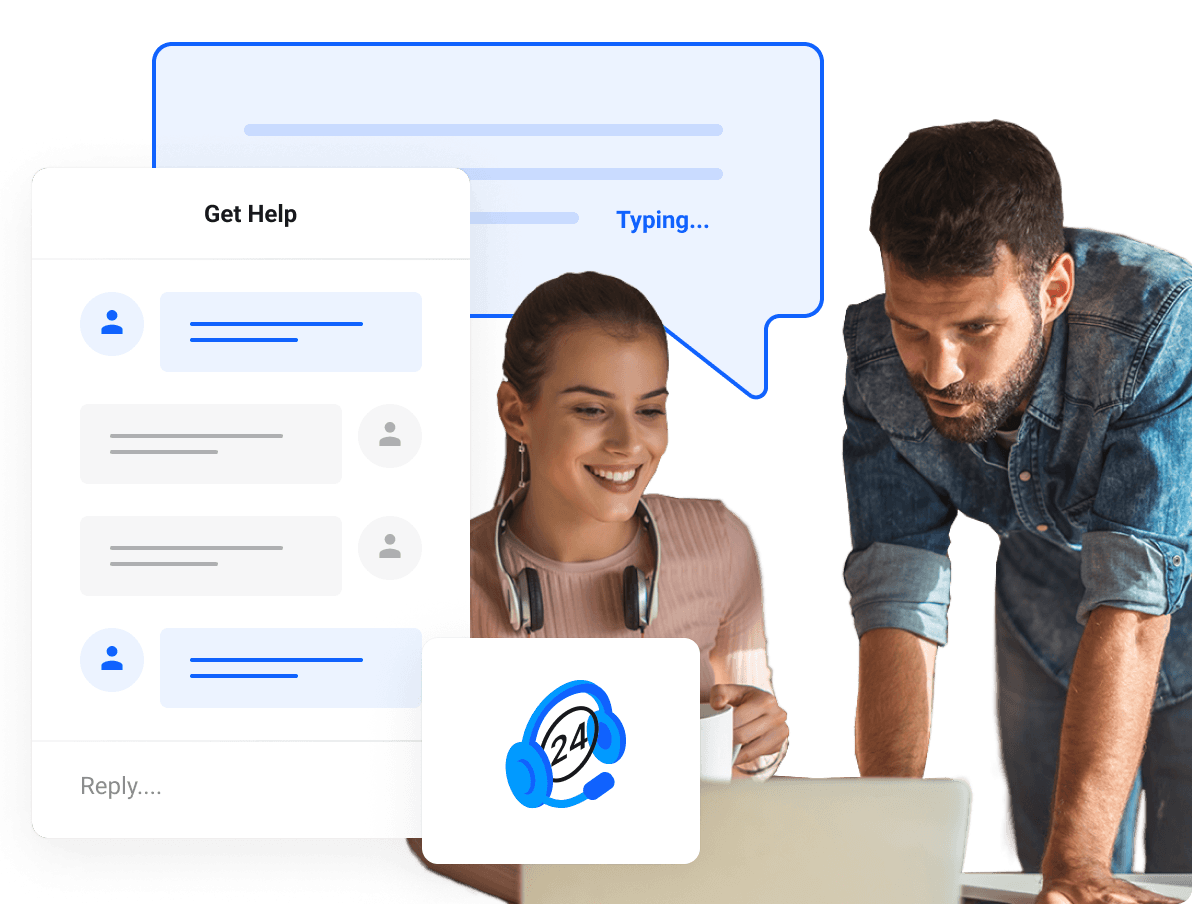Elevate your SEO game with XOVI NOW. Unearth, store, and organize lucrative keywords effortlessly. Monitor your critical rankings, along with rivals, seamlessly.
Introducing XOVI NOW Advisor: Your Supportive Partner! Our solution assesses your site, delivering tailored tasks with clear instructions. Enhance your website confidently, even without advanced skills.
Stay informed about your website's performance and benchmark it against competitors. With our Rank Tracker tool, you can effortlessly keep tabs on your rankings and gain valuable insights to fine-tune your strategies for optimal online visibility.
Our top-notch support team is a source of pride. They're available whenever you need them, ensuring uninterrupted assistance. Experience unparalleled support for your services, including servers, websites, mailboxes, and more. Discover hosting support that sets the standard for excellence.
SEO is an acronym for Search Engine Optimization. It is an essential online marketing strategy dedicated to driving prospective customers to your website. Its goal is to optimize a website to gain top positions for selected keywords on search engines. This goal is achieved by strategically employing measures to improve the website's technical setup and contents and obtaining backlinks from other domains.
SEO is divided into three general categories:
SEO specialists apply measures to meet the search engine's ranking factors for each category. Search engines use ranking factors to determine the position in which it lists a website in search results.
Every day, millions of people use search engines to find information or services from all aspects of life: Recipes, guides, products, flights, navigation, tickets, entertainment, and more. Most people navigate the web using search engines to find answers to their questions and solutions to their challenges.
A study shows that 68% of the web's traffic comes from search engines. 53% of this traffic has its origins in organic search—search results that are not ads (paid search) and can be improved through SEO.
In other words, organic search (SEO) and paid search (SEA, ads in search results) make up the lion's share of traffic on the web.
Even where we go offline is significantly influenced by search engines: We use Google and Apple Maps and local search results to find places and nearby services like hairdressers, supermarkets, restaurants, and doctors. We choose our destination based on online reviews. And we instruct search engine-based services to guide us there, be it by car, public transportation, or on foot.
Now, imagine if your business, products, and services are not listed in search results. Imagine people can't find you online to buy your products or find their way to your brick-and-mortar business. Instead, they will most likely choose your competition.
With the help of SEO, users can find your business, products, and services online—and buy them. As mentioned, that means that people can find you online and much easier offline, too.
SEO maximizes your chances to be listed in top positions for keywords crucial to your business. The better your position, the more people will find their way to your website—preferably on the first page (or top ten) of search results.
Why Page One?
Good question. Studies have shown that 31.7% of users click on the first organic search result (position one); a whopping 75.1% of all clicks go to the top three search results. After that, the number of clicks shrinks rapidly with every following position.
This behavior shows that users rarely look at page two or lower results, let alone click on any of them.
That's why businesses need to be present on the first page of search results, at least for relevant keywords.
In short: It's crucial for freelancers and business owners to




